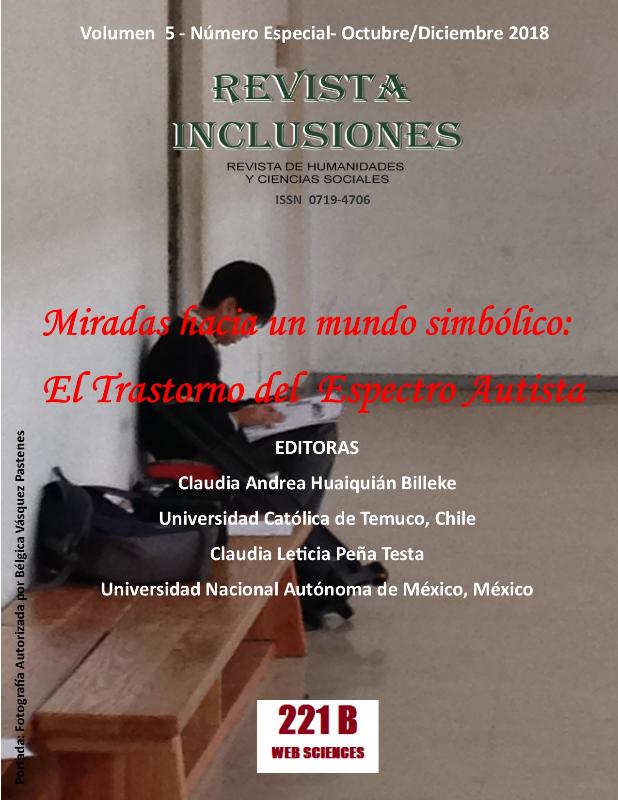THE INTERSUBJECTIVE ROOTS OF AUTISM. ABOUT THE LONELINESS OF NOT FEEL INTENDED BY THE OTHER
Keywords:
Intersubjective approach psychotherapeutic attention, Parenthood, Intersubjectivity, MentalizationAbstract
The present article is a synthesis operated on a research work whose object of study is the treatment of young children with clinical signs of autism and their parents. It raises links between innate vulnerability to develop an autistic process and the ways in which parents exercise their function. This research was carried out within the scope of the University of Social and Business Sciences (UCES) Buenos Aires, 2007, in the form of a doctoral thesis, and was updated with the clinical material of ten patients who received psychotherapeutic care in my offices. private, between the years 2008 and 2016. It was found that in children with clinical signs of autism the process of emotional regulation between him and his parents is altered in the same point: they have difficulties to anticipate emotions, thoughts, reactions and needs. That is to say that both lack a theory about what reciprocally happens to them. The theoretical frame of reference is made up of psychodynamic conceptualizations that take into account intersubjective experience in the emergence of subjectivity. (Freud 1895, Maldavsky, 1995, Rizzolatti, 2004, Fonagy, 2007) From these classic proposals emphasizes the key function of mentalization in the experience of intersubjectivity. Taking this point of view, the conceptualisations of cognitive psychology referring to the hypothesis of the theory of the mind in the explanation of the symptoms in autism (Frith, 1991) and the contributions of the neurosciences related to the function are included in the discussion. of mirror neurons (Rizzolatti, 2004). The main conclusion is that the clinical methodology implemented allows the child to reverse the clinical signs of autism. Likewise, parents redefine the exercise of parenthood, when they overcome the intersubjective reasons that promote the difficulties of subjectivation of a child initially little connected to empathic relationships.
Downloads
Published
How to Cite
Issue
Section
License
Copyright (c) 2018 Dra. Liliana Kaufmann

This work is licensed under a Creative Commons Attribution 4.0 International License.
Los autores retienen los derechos de autor y otorgan a Revista Inclusiones el derecho de publicación bajo Creative Commons Attribution 4.0 International (CC BY 4.0). Esto permite el uso, distribución y reproducción en cualquier medio, siempre que se otorgue la debida atribución al autor.











